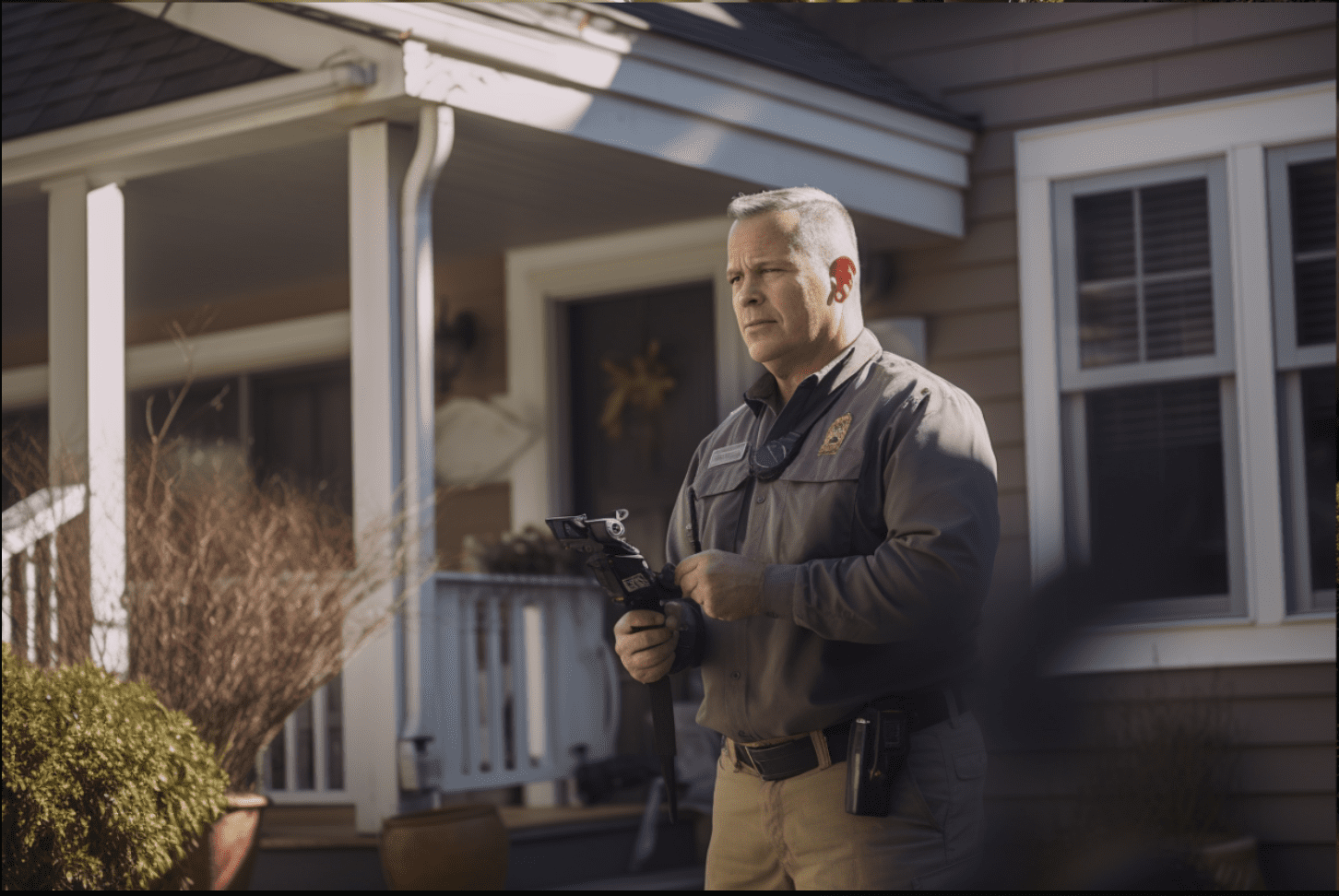Hello there, future home seller in Seattle! As you embark on your journey to sell your home, there’s an important step you should be aware of: providing a disclosure statement. In Washington, sellers are required to disclose known issues with the property to potential buyers. This process is all about transparency and ensuring that buyers have a clear understanding of the property’s condition before making an offer. In this blog post, we’ll explore what a property disclosure statement is, why it matters, and how to navigate this requirement in the Seattle real estate market.
What is a Property Disclosure Statement?
A property disclosure statement is a document that outlines any known issues or defects with the property you’re selling. In Washington, this statement is often referred to as a “Form 17” disclosure, and it’s a crucial part of the home-selling process. The purpose of this statement is to provide transparency to potential buyers, allowing them to make informed decisions about purchasing your home.
Why Providing a Property Disclosure Statement Matters
Here’s why providing a property disclosure statement is so important:
Legal Requirement: In Washington, sellers are legally obligated to disclose known material defects or issues with the property. Failure to do so can lead to legal complications.
Transparency: Buyers have a right to know about any problems with the property. Providing a disclosure statement demonstrates your commitment to transparency and honesty.
Avoid Legal Disputes: By disclosing known issues upfront, you reduce the risk of future legal disputes with buyers who may feel they were misled.
Builds Trust: Providing a thorough disclosure statement builds trust with potential buyers. They are more likely to feel confident about the purchase when they have all the information.
What Should Be Disclosed?
When completing your property disclosure statement, it’s essential to include any known material defects or issues with the property. Material defects are problems that could affect a buyer’s decision to purchase or the price they are willing to pay. Common items that should be disclosed include:
- Roof leaks or damage.
- Structural issues.
- Plumbing or electrical problems.
- Past or present infestations (e.g., termites).
- Environmental hazards (e.g., lead paint or asbestos).
- Issues with major systems (e.g., HVAC or appliances).
- How to Complete a Property Disclosure Statement
Completing a property disclosure statement may seem daunting, but it’s a straightforward process. Here are some steps to help you:
Obtain the Form: You can usually get a property disclosure statement form from your Realtor or from the Washington State Department of Licensing website.
Review Your Home: Walk through your home and carefully consider its condition. Make a list of any known issues.
Complete the Form: Fill out the disclosure form, providing detailed information about each issue. Be as thorough as possible, and don’t leave out any known problems.
Consult with Professionals: If you’re uncertain about any issues, consider consulting with professionals like inspectors, contractors, or pest control experts for guidance.
Sign and Date: Once the form is complete, sign and date it. You may need to provide a copy to potential buyers or their Realtor.
What If You’re Not Sure?
If you’re not sure whether something should be disclosed, it’s generally best to err on the side of caution and disclose it. It’s better to provide too much information than too little. Buyers can then decide if the issue is a deal-breaker for them.
Conclusion
In conclusion, providing a property disclosure statement is a crucial step when selling your home in Seattle. It’s not only a legal requirement but also a way to build trust with potential buyers. By being transparent about known issues or defects, you help buyers make informed decisions about your property. Remember to be thorough, consult professionals if needed, and always prioritize honesty in your disclosure. With a complete and accurate disclosure statement, you’re on the right path to a successful and transparent home sale in the vibrant Seattle real estate market. Good luck!



